Patients, clinicians and researchers across the whole of the UK are set to benefit from the ambitious vision for the future of clinical research delivery according to this press release from the UK Government.
The plan includes:
- Strengthening the UK’s renowned research expertise as a world-leader in designing and delivering research
- An ambitious vision to unlock the true potential of research putting patients and NHS at its heart
- Using the lessons from COVID-19 to build back better, the government will create a patient-centred, pro-innovation and digitally-enabled research environment.
Saving and improving lives: the future of UK clinical research delivery, published on March 23rd was developed by the UK government and devolved administrations. The policy paper sets out how they will deliver faster, more efficient and more innovative research – from the streamlining of costing, contracting and approvals processes to the Health Research Authority’s rapid ethics review pilot, which aims to halve the time to provide a final opinion for research applications.
Using best practice, it is hoped that participating in research will become more accessible, increasing diversity and allowing more people across the whole of the UK to take part. They will work with Centres of Excellence, such as the Centre for BME Health in Leicester, and there will be more support for research in more diverse and under-served communities and innovative approaches.
The NHS will be encouraged to put delivery of research at the heart of everything they do, making it an essential and rewarding part of effective patient care. This included building a culture across the NHS and all health and care settings that is positive about research, where all staff feel empowered and supported to take part in clinical research delivery as part of their job.
The vision is built around 5 key themes:
- Clinical research embedded in the NHS: to create a research-positive culture in which all health and care staff feel empowered to support and participate in clinical research as part of their job.
- Patient-centred research: to make access and participation in research as easy as possible for everyone across the UK, including rural, diverse and under-served populations.
- Streamlined, efficient and innovative research: so the UK is seen as the best place in the world to conduct fast, efficient and cutting-edge clinical research.
- Research enabled by data and digital tools: to ensure the UK has the most advanced and data-enabled clinical research environment in the world, building on our unique data assets to improve health and care.
- A sustainable and supported research workforce: which offers rewarding opportunities and exciting careers for all healthcare and research staff of all professional backgrounds – across both commercial and non-commercial research.
The vision reflects the ambition of all 4 UK governments and has been developed through a broad cross-sector approach involving NHS, medical research charities, life sciences industry and academia. Continued collaboration across sectors and organisations will ensure the key action areas will be delivered.
Remember – support is on offer at BU if you are thinking of introducing your research ideas into the NHS – email the Research Ethics mailbox, and take a look at the Research Governance and Integrity website.

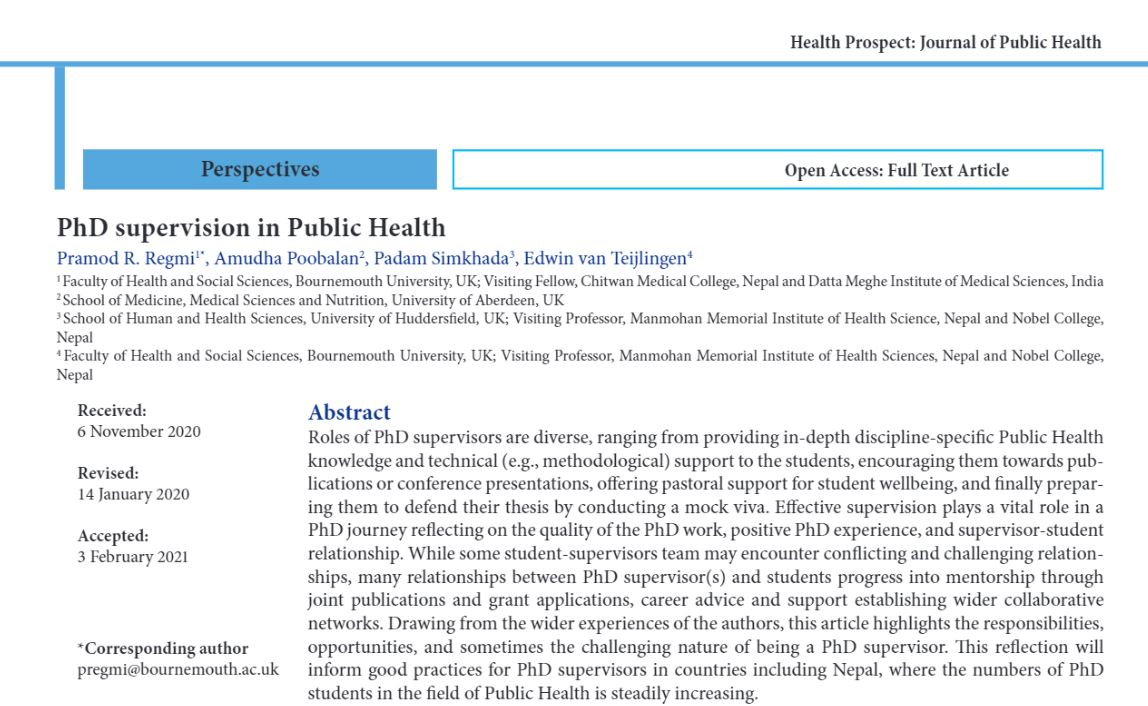

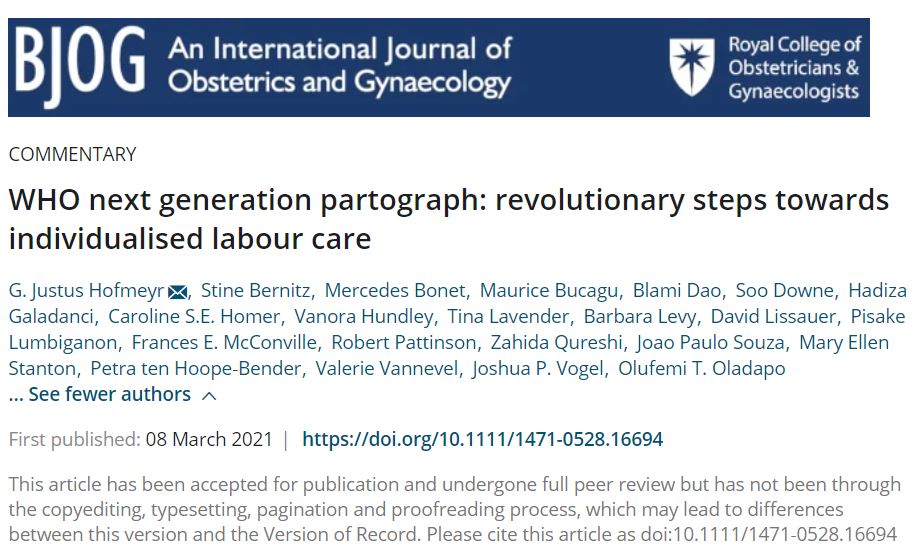


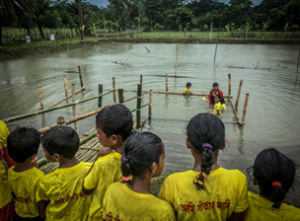
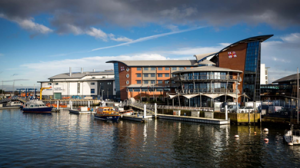

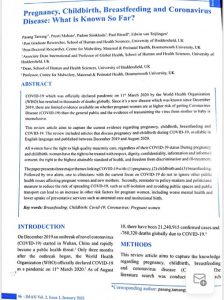
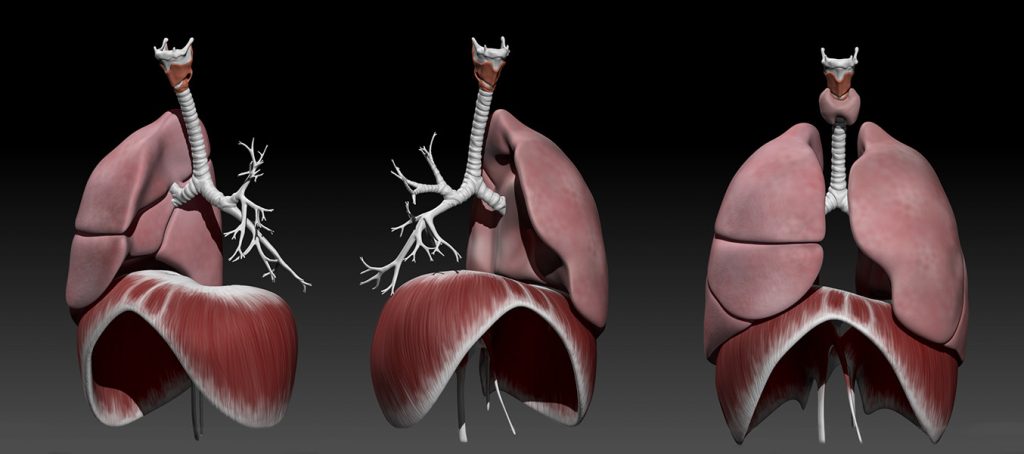
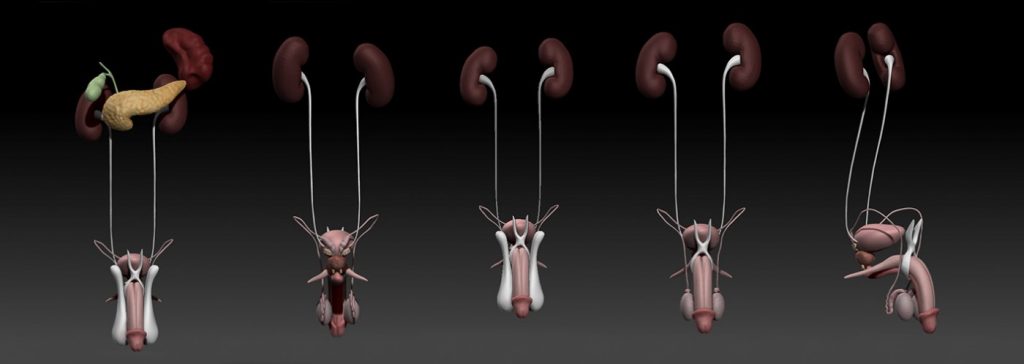
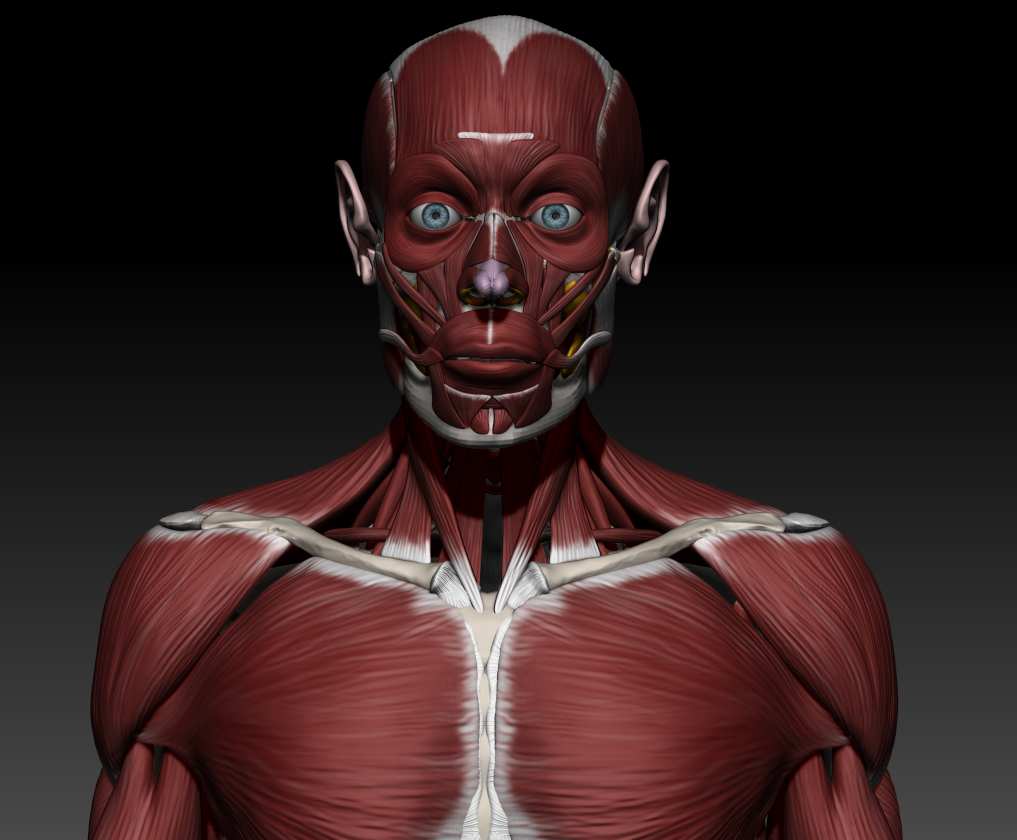
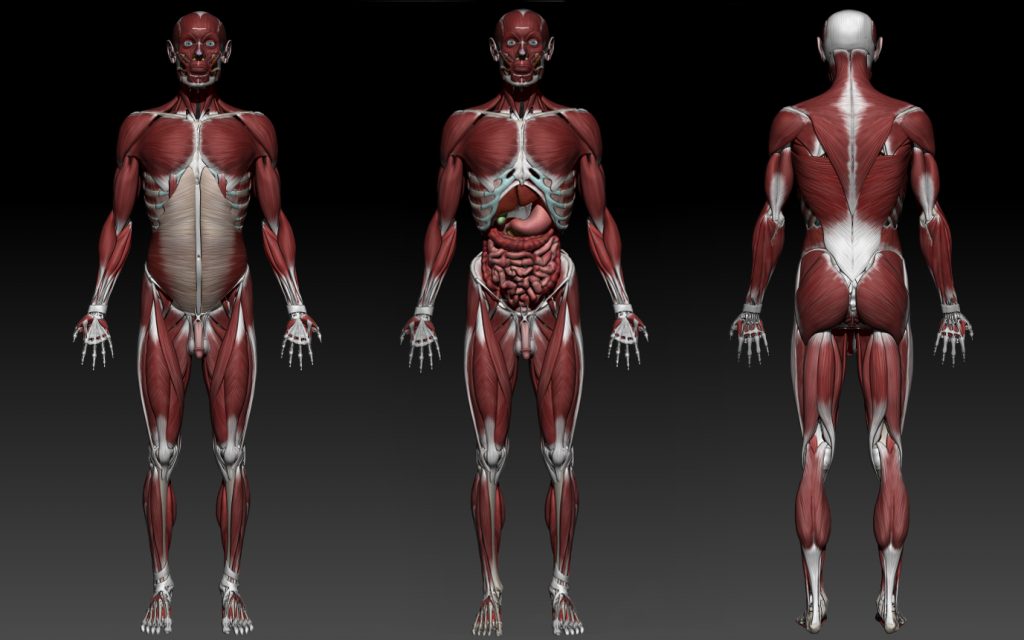
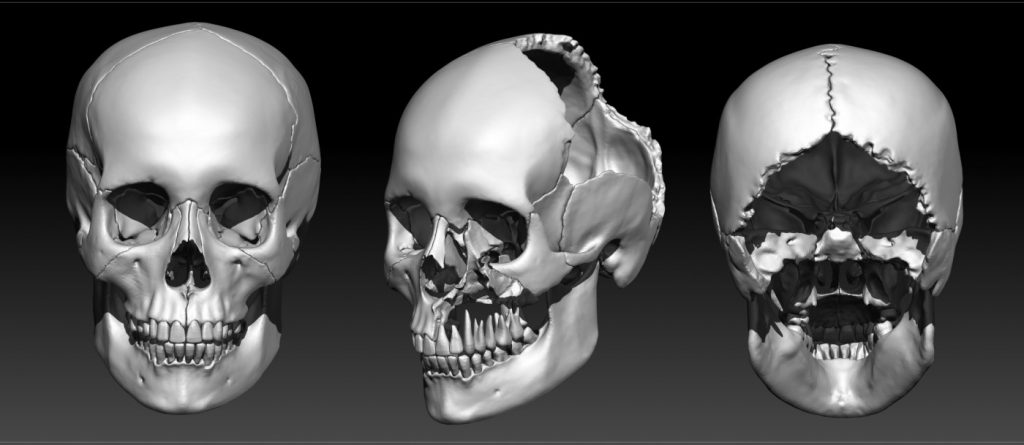
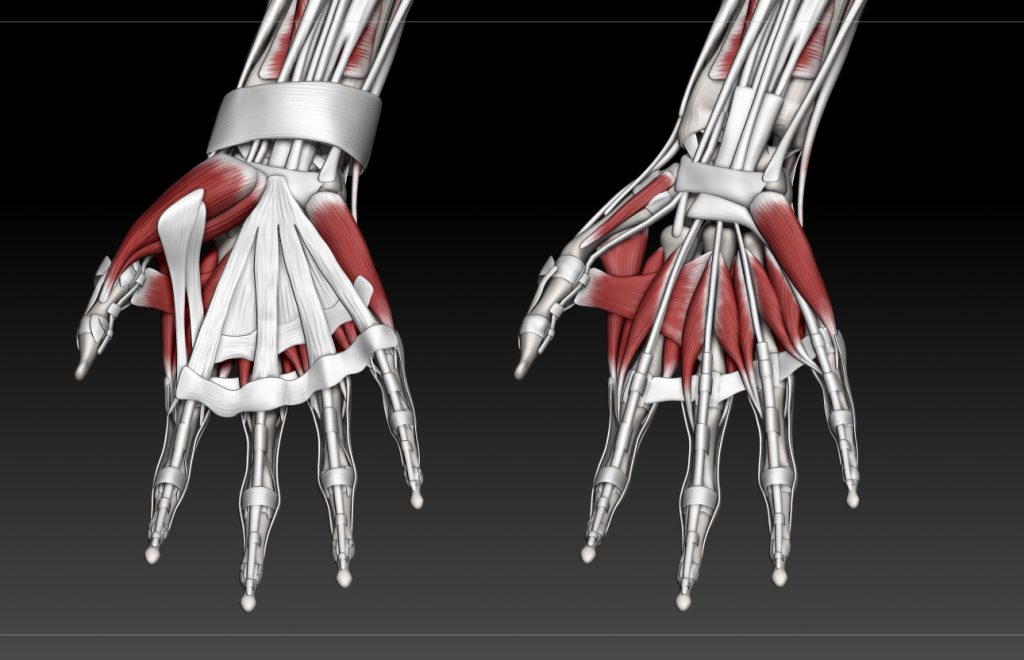
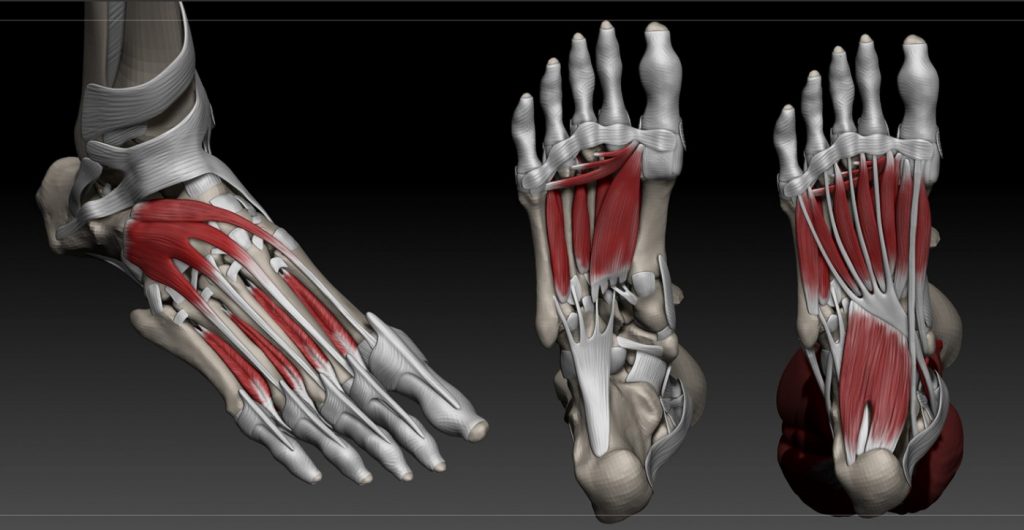
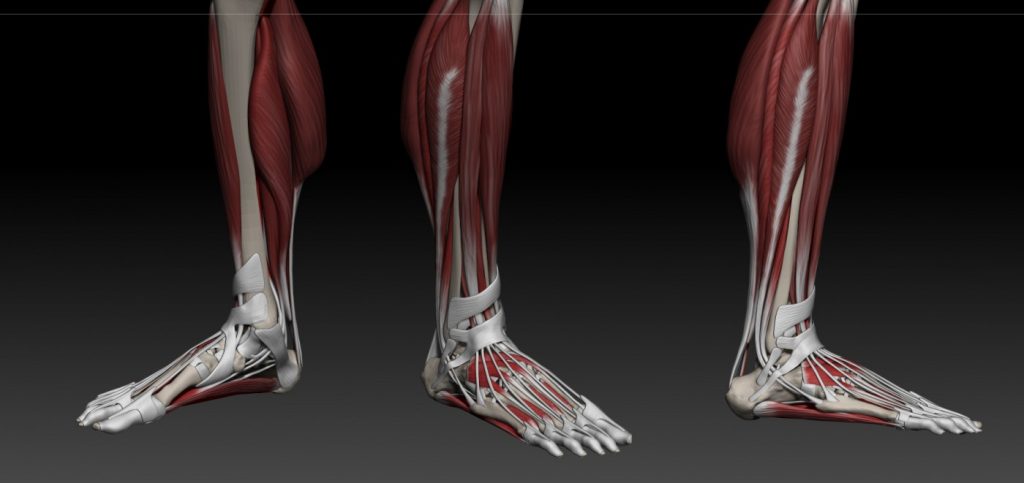
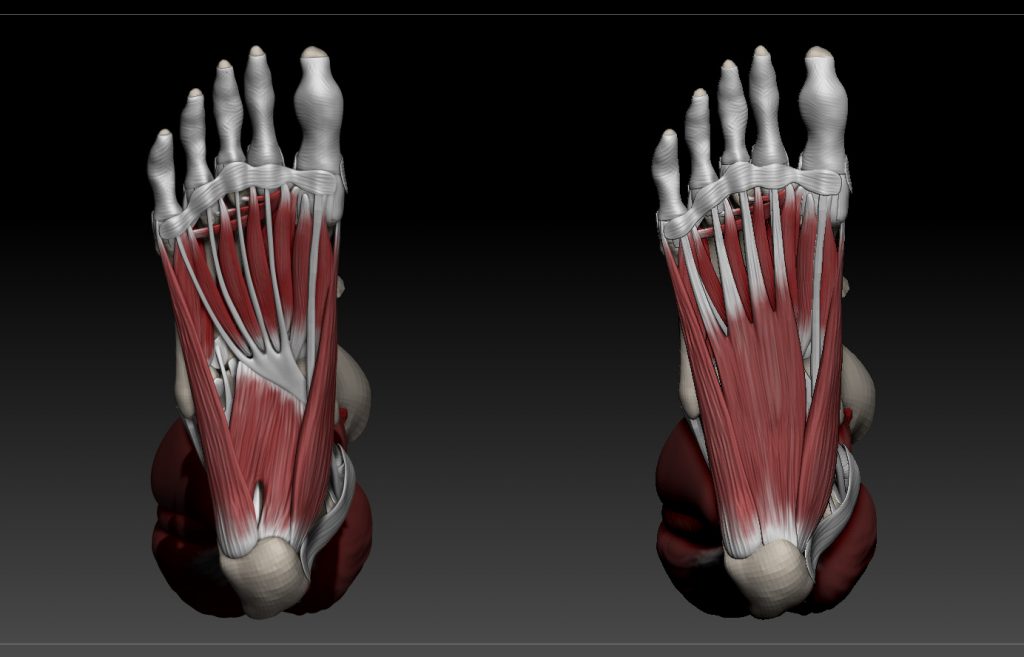
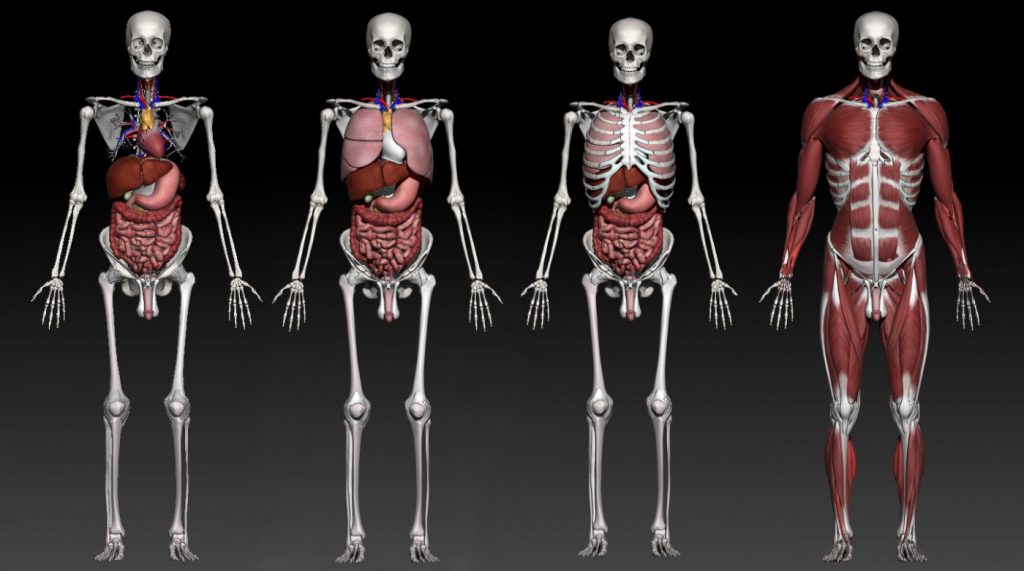

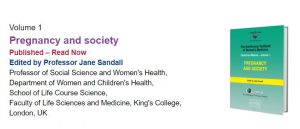
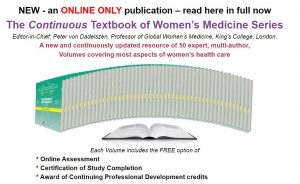
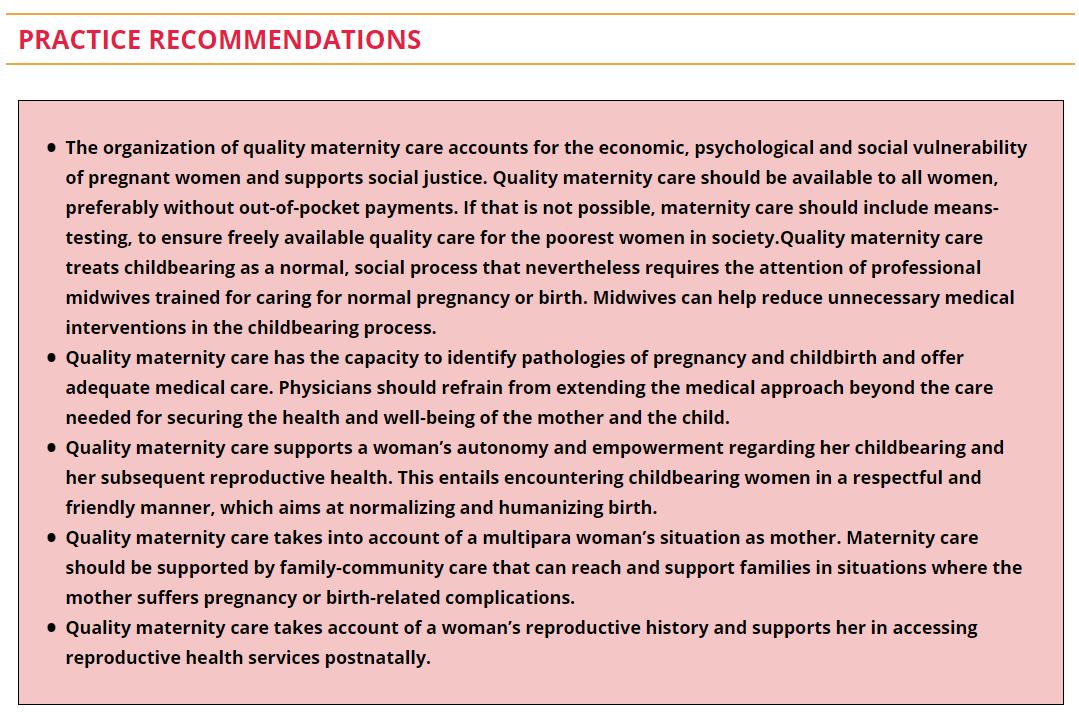











 REF Code of Practice consultation is open!
REF Code of Practice consultation is open! BU Leads AI-Driven Work Package in EU Horizon SUSHEAS Project
BU Leads AI-Driven Work Package in EU Horizon SUSHEAS Project Evidence Synthesis Centre open at Kathmandu University
Evidence Synthesis Centre open at Kathmandu University Expand Your Impact: Collaboration and Networking Workshops for Researchers
Expand Your Impact: Collaboration and Networking Workshops for Researchers ECR Funding Open Call: Research Culture & Community Grant – Apply now
ECR Funding Open Call: Research Culture & Community Grant – Apply now ECR Funding Open Call: Research Culture & Community Grant – Application Deadline Friday 12 December
ECR Funding Open Call: Research Culture & Community Grant – Application Deadline Friday 12 December MSCA Postdoctoral Fellowships 2025 Call
MSCA Postdoctoral Fellowships 2025 Call ERC Advanced Grant 2025 Webinar
ERC Advanced Grant 2025 Webinar Update on UKRO services
Update on UKRO services European research project exploring use of ‘virtual twins’ to better manage metabolic associated fatty liver disease
European research project exploring use of ‘virtual twins’ to better manage metabolic associated fatty liver disease